Xavier Torner, president of the Catalan organization Dniger.cat, talk about the possible consequences for the region of the military uprising in Niger.
"Look, now Niger is finally making headlines", says Xavier Torner, president of the Catalan organization Dníger.cat, who has been working for over fifteen years for the development of the country, one of the poorest in the world. Indeed, these days, all the attention has turned to the West African country following the coup d'état carried out by a group of military personnel that ousted President Mohamed Bazoum from power.
The uprising occurred on July 26th, when members of the Presidential Guard revolted against Bazoum's pro-Western government and held the president at the Presidential Palace in Niamey, the capital. The rebels, led by General Omar Tchiani, have established a military junta that has taken control of the country, after suspending the country's democratic institutions. The junta's initial decisions include closing borders and imposing a nighttime curfew.
In their first statements on government television, the military junta, self-proclaimed as the National Council for the Safeguard of the Homeland (CNSP), justified the coup due to the corruption of Bazoum's executive, economic problems, and the insecurity plaguing the country, severely affected by jihadist terrorism. According to the military, they have taken control of the country due to the "continuous deterioration of the security situation and the poor economic and social governance". At the same time, they urged foreign countries not to intervene in the country.
However, some reports indicate that the military intervention and the removal of Bazoum were triggered because the president intended to make changes to the military leadership, the army, and the Presidential Guard, which were inherited from Niger's former leader. Shortly after the coup, the Army General Staff assumed control of the uprising and expressed support for it.
International reactions to the coup d'état
International reactions to the coup d'état have been largely in condemnation. Several countries, including France, the former colonial power; the United States; the United Nations; and the European Union (EU), among others, have expressed their disapproval of the coup. Spain, for instance, has announced the "immediate suspension of cooperation with Niger until democratic order is restored" and is already working to evacuate Spanish citizens from the country.
International organizations have also reacted promptly, having to suspend their activities in Niger. Amnesty International, for example, has called on the Nigerien authorities to "urgently protect and respect human rights". The situation has drawn significant international concern and response due to the potential implications for democracy and human rights in the region.
In a statement, the Deputy Regional Director of Amnesty International for West and Central Africa, Habibatou Gologo, has warned that "no one should be detained and imprisoned without a legal basis" while demanding the release of "Bazoum and his family, the Minister of the Interior, and all other individuals arbitrarily detained and imprisoned since July 26".
Amnesty International has expressed concern about the situation, and another organization, Action Against Hunger, has also voiced its worries about the consequences of the coup d'état. They have highlighted the potential severity of the situation, especially concerning food security. Lucia Prieto, Deputy Director of Programs at the organization, stated, "Summer is a period of scarcity, and three and a half million people facing food insecurity depend on food aid", as reported by RTVE.
A strategic country hit by poverty
"The situation is very confusing, and right now, there is a lot of uncertainty", explains Xavier Torner to Xarxanet. He is well acquainted with the country and is keeping himself informed of the events through French media. Torner, the president of the NGO Dníger.cat, has also managed to briefly speak with some contacts he maintains in the country, particularly in the regions of Birni Koni, Makalondi, and Gaya.
"They mainly tell me that people are on edge about what might happen, and they fear the situation could escalate into an open conflict because it's all a power game", narrates Torner. He also emphasizes that the Nigerien population has a significant disconnect with their political class, and many people live disconnected from the political reality, simply struggling to survive.
As an example of this disaffection and distance from the ruling class, the president of Dníger.cat recalls an anecdote from his experiences in the field: "I was with the mayor of a village where we were working on a project, and I asked him if he was satisfied with the governor. He responded that he couldn't say because he had more contact with me than with the governor, even though we had only met a couple of times".
According to Torner, one of the most critical aspects shaping the unfolding events and making Niger an important player on the global stage is its abundant natural resources, particularly uranium, a key fuel for nuclear energy production. This resource is particularly significant for France, the former colonial power, as it imports around 15% of its uranium from Niger to power its nuclear power plants, which provide 70% of the country's annual electricity consumption.
A movement that could ignite the spark of war
The coup d'état that has succeeded this time is not the first that the country has experienced recently. In late March 2021, authorities thwarted a military coup attempt that occurred just two days before Mohamed Bazoum's presidential inauguration.
The military uprisings in Niger are not isolated incidents in the region; on the contrary, they bear many similarities to successful coups in neighboring countries such as Mali in 2021 and Burkina Faso in 2022. Bazoum was the last civilian head of state in the Sahel region, where all other presidents are military leaders, and three countries are governed by military juntas.
One of the main concerns is that the situation may lead to an open war in the region. In this regard, the new Nigerien authorities have warned against any foreign intervention, while the Economic Community of West African States (ECOWAS) has condemned the coup and issued a seven-day ultimatum to the military junta to restore constitutional order. In case of non-compliance, ECOWAS has not ruled out authorizing a military intervention, led by Nigeria, which could ignite the spark of regional war.
Bazoum's downfall represents a loss for the West, as he was one of their last allies in the region, especially significant in the fight against jihadism. The influence of the Russian Wagner Group of mercenaries in the uprising that resulted in Bazoum's ousting, as seen in Mali and Burkina Faso, has not gone unnoticed. The leader of the Russian paramilitaries, Yevgeny Prigozhin, has enthusiastically welcomed the coup d'état, describing it as a "struggle against colonizers".
Indeed, similar to what happened in Mali and Burkina Faso, supporters of the coup d'état in Niger have been waving Russian flags to celebrate the success of the uprising and have attacked French interests, expressing a clear anti-Western sentiment and favoring Russian influence, as seen in the neighboring countries. However, as of now, there is no concrete evidence linking Russia to the military uprising in Niger. Russian Foreign Minister Sergey Lavrov has stated that the country "must restore constitutional order".
People like Xavier Torner, who love the country and have worked there, bitterly lament that Niger only appears in the media during tough or negative situations. Despite being one of the world's poorest countries, Niger possesses abundant natural resources such as uranium. Nearly 90% of its nearly 26 million inhabitants rely on subsistence agriculture to survive. Torner regrets, "Beyond the negative aspects, Niger exists, but we only hear about it when there is bad news".

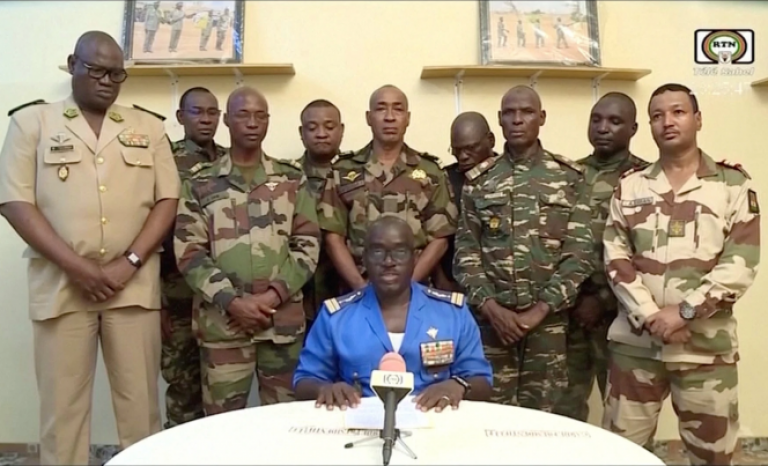
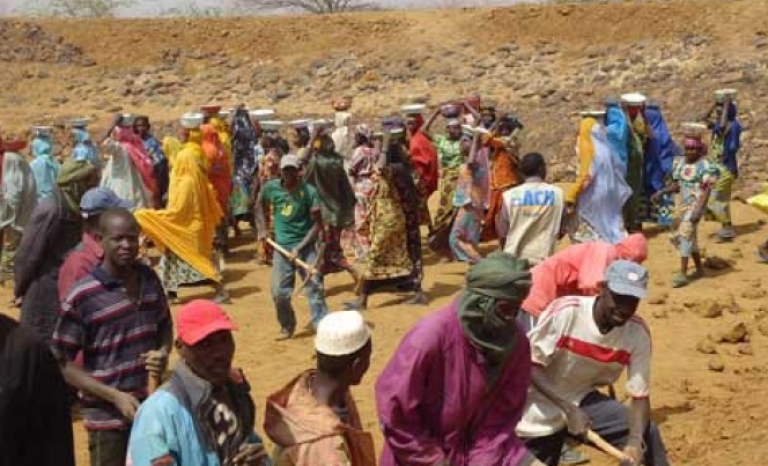
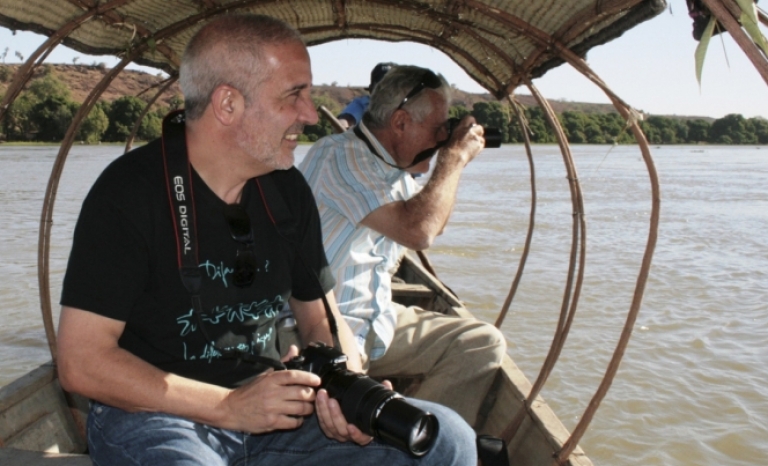

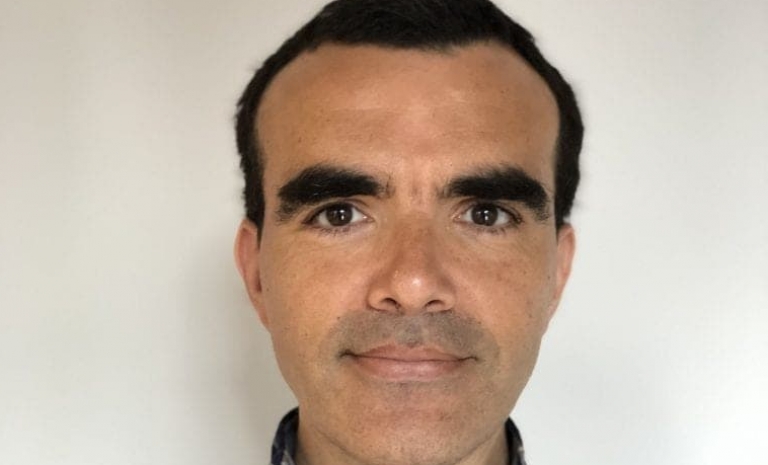
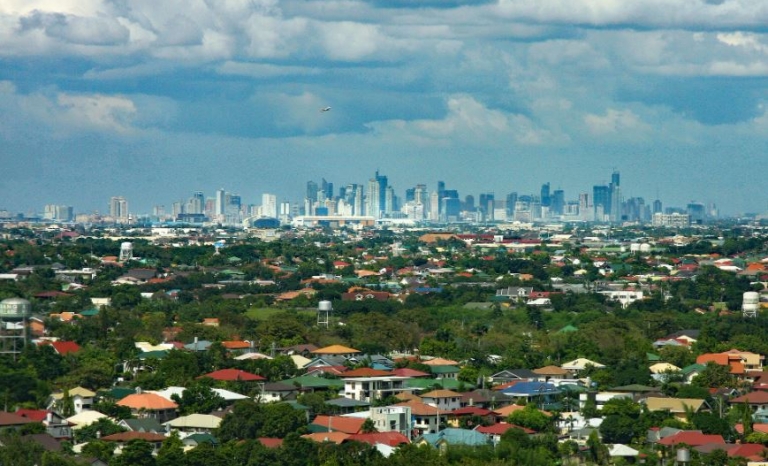
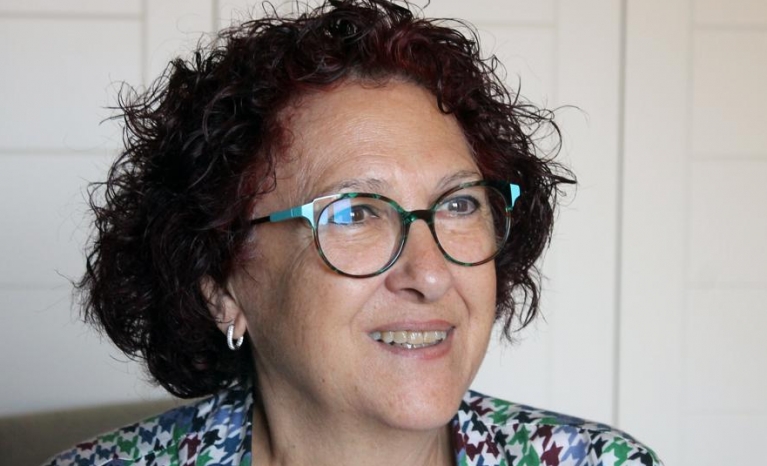



Add new comment